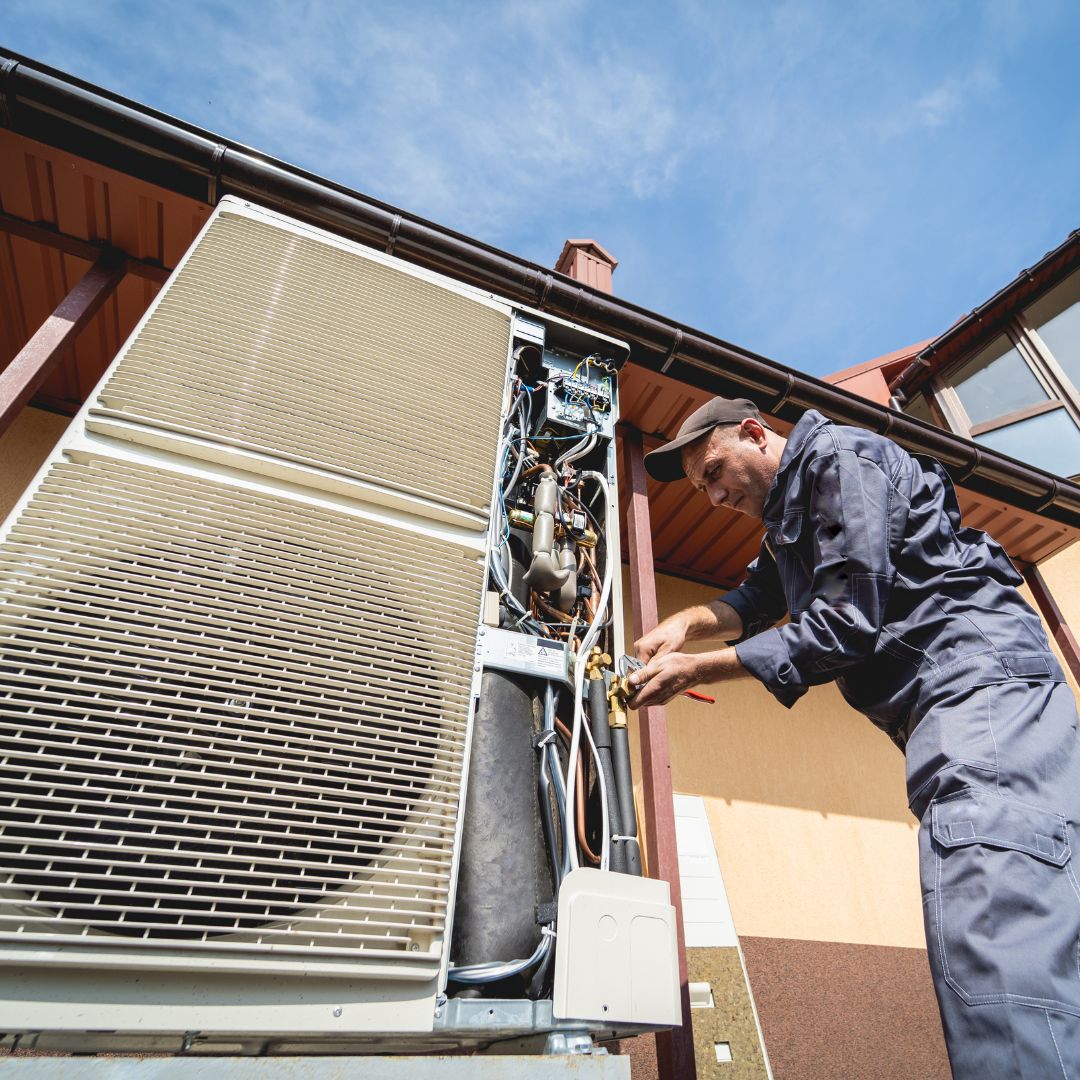
Signs Your HVAC System Needs Repair or Replacement
1. Weak or Inconsistent Airflow
If your HVAC system is struggling to distribute air evenly throughout your home, it could indicate a failing compressor, clogged air ducts, or a worn-out blower motor. Weak airflow means your system is working harder to heat or cool your space, leading to higher energy bills and discomfort.
✔ Solution: Have a technician inspect your ductwork and check for blockages or motor issues.
2. Unusual Noises or Odors
Strange noises like banging, rattling, or screeching can signal mechanical problems, such as loose parts, motor issues, or a failing blower. Musty or burning smells may indicate mold growth, electrical issues, or overheating components.
✔ Solution: Unusual sounds or smells should be addressed immediately to prevent system failure or safety hazards.
3. Rising Energy Bills
A sudden spike in energy costs without increased usage is a sign that your HVAC system is losing efficiency. Aging components, dirty filters, or refrigerant leaks force the system to work harder, increasing energy consumption.
✔ Solution: Regular maintenance, such as cleaning coils and replacing filters, can improve efficiency. If the system is old, a replacement may be more cost-effective.
4. Frequent Repairs and Breakdowns
If your HVAC system requires constant repairs, it may be reaching the end of its lifespan. Repeated breakdowns often indicate worn-out components, compressor failure, or duct leaks. If repair costs exceed 50% of a new unit’s price, a replacement is the better option.
✔ Solution: Evaluate the cost of repairs versus a new system. Newer models offer higher efficiency and lower operating costs.
5. Uneven Heating or Cooling
Do some rooms feel too hot while others remain cold? Inconsistent temperatures could be due to thermostat malfunctions, failing ductwork, or an outdated HVAC system that can no longer regulate airflow properly.
✔ Solution: Check thermostat settings and duct insulation. If the system is over 10-15 years old, upgrading to a modern, energy-efficient unit may be the best fix.
6. Your HVAC System is 10-15+ Years Old
Most HVAC systems last 10-15 years with proper maintenance. Older units become inefficient and require more frequent repairs. Upgrading to a high-efficiency HVAC system can reduce energy costs by 20-40%, improving indoor comfort and air quality.
✔ Solution: If your system is nearing the end of its lifespan, start researching energy-efficient models with better performance and smart technology.
Final Thoughts
Ignoring early warning signs can lead to costly repairs or complete system failure. If you notice poor airflow, strange noises, rising energy bills, or frequent breakdowns, schedule an inspection. Whether it’s a simple repair or a full replacement, keeping your HVAC system in peak condition ensures optimal comfort, efficiency, and savings.
Palm Construction
1730 W Cameron Ave, Ste 200 West Covina, CA 91790
https://palmconstructionca.com
562-625-2600
